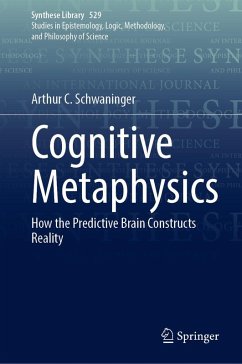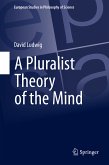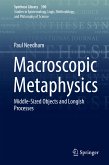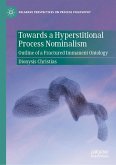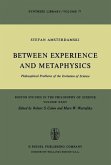This book bridges metaphysics and cognitive science by exploring how the brain does not passively receive the world but actively predicts and hallucinates it, turning our experience into a neural construct.
Cognitive Metaphysics identifies the basic categories through which the brain structures our perceived reality and investigates the metaphysical implications that follow. Drawing on predictive processing, it reframes material reality as a model built by the brain and proposes a naturalist, Kantian-idealist framework for understanding the fundamental structures of both ordinary and scientific objects, as well as how they relate to one another. The book shows how questions about composition, persistence, vagueness, and their connection to quantum reality must be rethought in terms of the predictive mind, offering a fresh approach to traditional metaphysical problems.
Dieser Download kann aus rechtlichen Gründen nur mit Rechnungsadresse in A, B, BG, CY, CZ, D, DK, EW, E, FIN, F, GR, HR, H, IRL, I, LT, L, LR, M, NL, PL, P, R, S, SLO, SK ausgeliefert werden.

